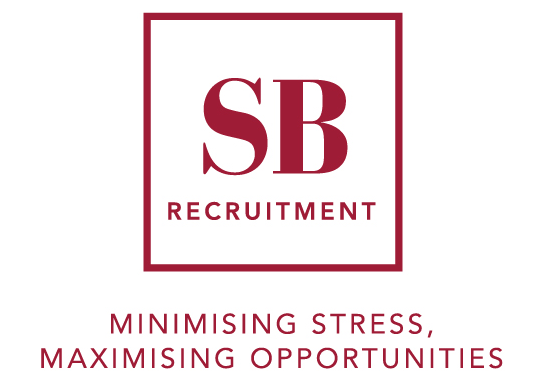HOW SMES CAN BETTER SUPPORT ONE ANOTHER
PATHWAYS TO SUCCESS: EXPERIENCE VS. EDUCATION
With the current state of the world and the low-lying chatter of a possible impending recession, it seems there’s nothing more important than finding a job and keeping it. But for recent graduates or those entering the employment market for the first time, it can be tough to decipher whether work experience or tertiary qualifications will help lead to a full-time position and fulfilling career.
Like most things in life, there is no clear-cut answer to the education/ experience debate however there are good cases for both options based on the personal situation of each candidate. This includes the sector candidates are looking to break into, the expectations and requirements of that industry, as well as any future effects of digitalisation predicted for many traditional roles. Yep, it’s safe to say, in the ever-changing landscape of employment, there’s no one size fits all approach.
While each avenue has its pros and cons, it’s important for candidates to pick the route that best aligns with their vision, values and hopes for the future. For candidates who aren’t entirely sure of the career direction they wish to take, work experience often allows them to explore their options without entirely committing to anything too long term. By dipping their toe in their chosen industry through part-time or full-time work, candidates can decipher whether this is an area they can see themselves participating in long-term. What’s more, work experience provides important insight into life within the professional arena – offering candidates the opportunity to use their skills in real-world situations, as opposed to a strictly theoretical sense. These on-the-job soft skills are not only vital assets, they’re becoming the most sought-after qualities new workers can possess. Most importantly, time spent working within a competitive market can provide a head start for candidates who aren’t devoting their time in a classroom instead.
When it comes to the classroom and continued education however, the benefits are hard to ignore. Providing students with an opportunity to attain highly skilled jobs that require certain abilities and knowledge, tertiary education ensures candidates have a nationally recognised qualification. It also shows employers that candidates have the ability to commit, a drive to persevere and the ability to manage their time effectively while multitasking. While further education provides a broad base of skills and knowledge, it can often lead to full-time employment particularly within the teaching, healthcare, engineering and accounting industries – all of which require relevant qualifications. However, in the world of retail or sales for example, experience would be valued much higher.
In 2018, 32% of jobs on offer required at the very least a bachelor’s degree. Those in post-grad positions, as well as those who identified as medical and teaching alumni were in the best positions for the job market at the time. Graduates of communications or creative arts degrees on the other hand struggled more than others to find full-time employment. In this instance, having a degree was both helpful and unhelpful depending on the industry candidates were looking to break into.
Typically, the most successful candidates will be able to display an even distribution between professional experience and an educational background at a tertiary level.









